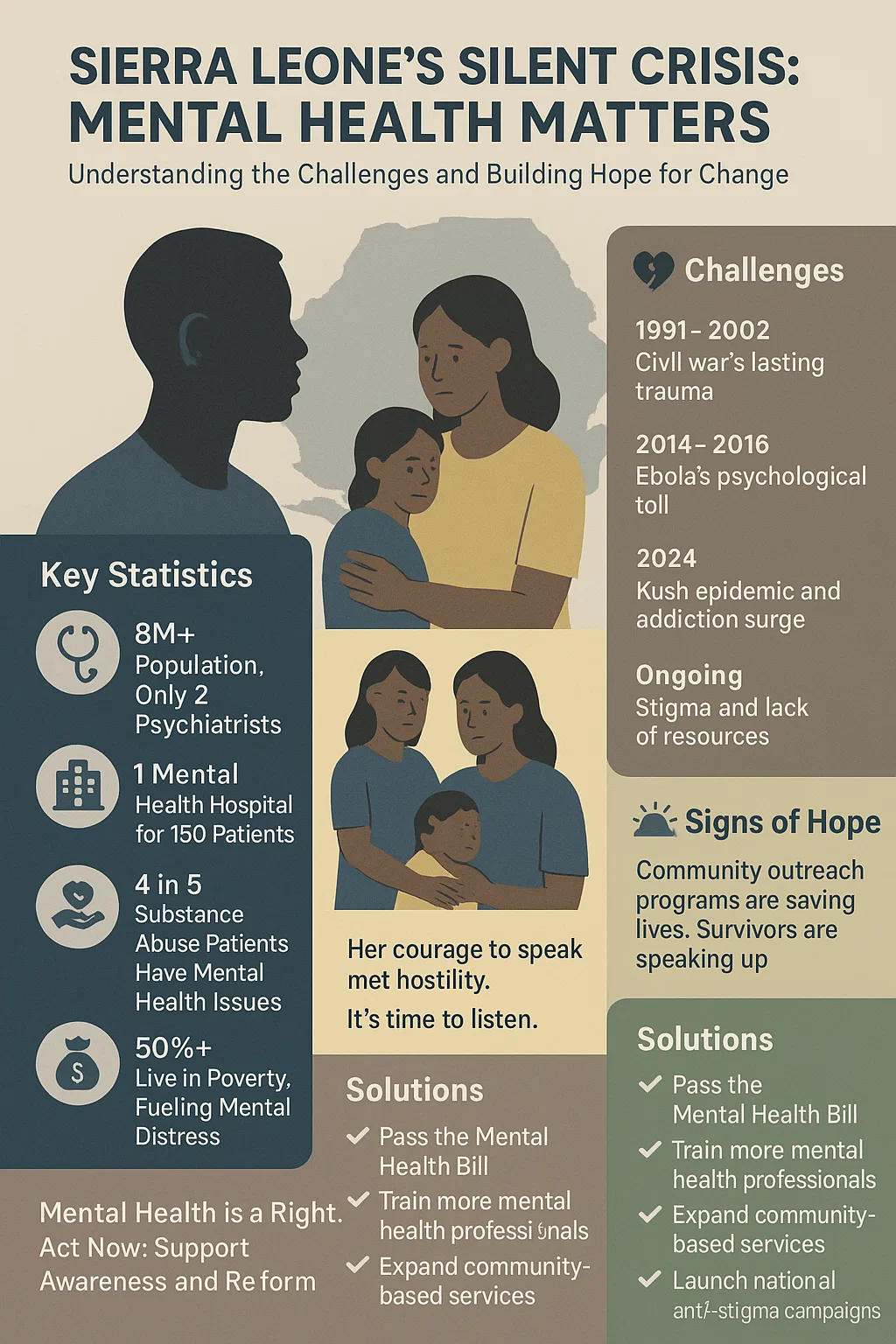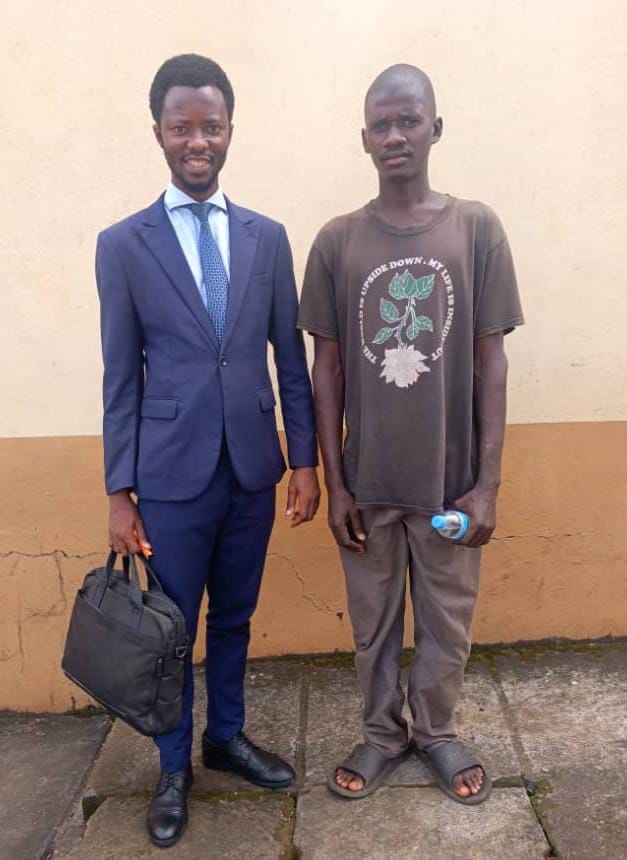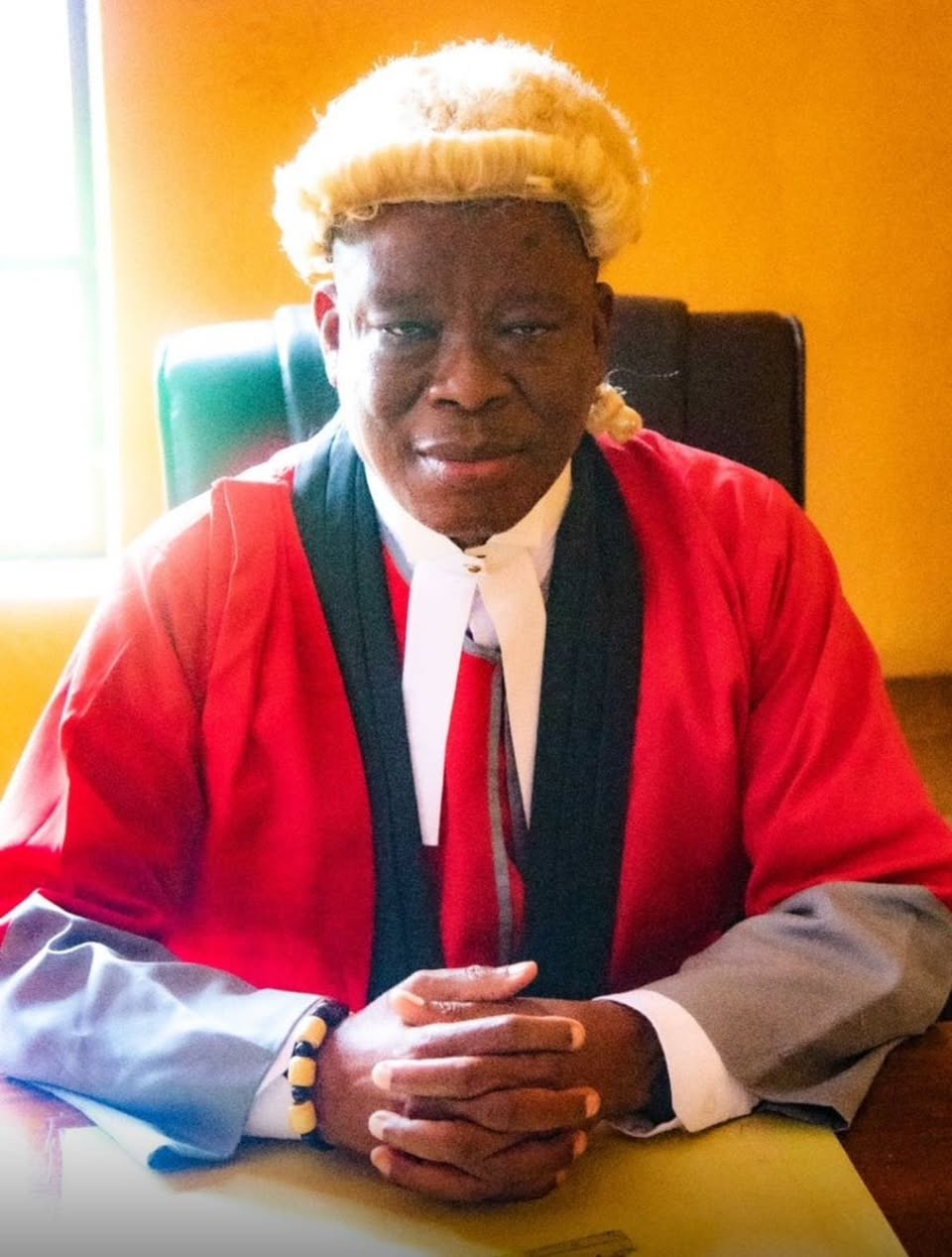By Ida N’dey Williams, Legal Practitioner, OJPLegal
Introduction
The 1991 Constitution of the Republic of Sierra Leone established three branches of government – legislative, executive, and judicial – to maintain a system of checks and balances and prevent any one branch from gaining excessive power over the others (Staff, 2021). The executive branch, led by the President of Sierra Leone, further delegates its responsibilities by creating Ministries to oversee specific areas. This article examines the significance of investment promotion and analyzes the impact of the NIB Act 2022 on investment in Sierra Leone. If enacted, it is argued that the Bill would eliminate current checks and balances, thus stifling investment in the country.
On July 14th, 2022, His Excellency Dr. Rtd. Brigadier Julius Maada Bio, the President of the Republic of Sierra Leone, signed the National Investment Board Act (NIB Act), bringing it into effect. This Act repealed the Investment Promotion Act 2004 and the Sierra Leone Investment and Export Promotion Agency Act 2007. The Act established the National Investment Board (NIB) (Home: National Investment Board, 2022), granting the Board authority to acquire, hold and dispose of property, enter into contracts, and initiate legal actions. This development has sparked public interest and generated significant scrutiny due to the extensive authority bestowed upon the Board.
Investment Promotion and Its Importance
Foreign Direct Investment (FDI) brings capital, technology, employment opportunities, and fosters connections with the global economy. Therefore, it is crucial to make investments in our country’s economy as attractive and encouraging as possible by providing incentives to investors, among other measures (Foreign Direct Investment, n.d.). However, the NIB Act 2022 seeks to discourage investment in the country by imposing stringent regulations that infringe upon investors’ privacy and autonomy.
Critique of the NIB Act, 2022
Section 34 of the NIB Act 2022 raises concerns as it requires investors to divulge excessive information, giving the impression that they are working for the economy rather than contributing to an economy that requires their support. Sections 34 (e), (f), and (h) of the Act fail to provide adequate privacy protections that every business should enjoy. Sections 34 (c) and (g), which address tax registration and financial records, are already overseen by the Ministry of Finance (Ministry of Finance – Government of Sierra Leone, n.d.) and the National Revenue Authority (Home: National Revenue Authority, n.d.). Granting the NIB the authority to oversee these aspects not only usurps the powers of the aforementioned authorities but also creates an atmosphere of distrust by subjecting companies to multiple entities monitoring the same activities. This is counterproductive as the aim should be to encourage, rather than deter, investors from engaging with the economy.
Section 35 of the NIB Act 2022 requires investors wishing to cease operations in the country to not only compensate the NIB but also comply with any additional laws pertaining to investors ceasing operations within Sierra Leone. While this provision safeguards the economy, communities, and the people of Sierra Leone, ensuring that promises made by investors, for example in mining areas, are fulfilled and that the affected parties are restored or developed as agreed upon, it further encroaches upon the jurisdiction of other bodies responsible for implementing such laws.
Section 37 of the NIB Act 2022 stipulates that both parties involved in a contract should have equal positions regarding the terms, including the law, methods of dispute resolution, and the jurisdiction governing such settlements. This section is commendable as it promotes fairness in contract negotiations.
Section 46 of the NIB Act 2022 imposes a fine of Le 500,000,000 and/or two years’ imprisonment (Five Hundred Million Leones) on an investor for failure to provide requested information or services to the NIB or for denying access to NIB officials on their premises. This provision serves as a further deterrent to individuals or entities considering investment in Sierra Leone. It highlights the disadvantage of granting the NIB autonomy to make decisions regarding investments and investors in the country, thereby creating an environment that may discourage potential investors.
Sections 50-54 of the NIB Act 2022 seek to make amendments or repeals to the whole or parts of the Public Private Partnership Act, 2014; The Companies Act, 2009; The Registration of Business Act, 2007, and fully repeals The Investment Promotion Act, 2004; The Sierra Leone Investment and Export Promotion Agency Act, 2007.
Furthermore, the properties, assets, rights, and interests of the bodies established under these Acts are vested in the NIB. Although the Act provides for some units representing these bodies within the NIB, granting the NIB sole authority over all the affairs and duties of these bodies disregards the importance of checks and balances in the country’s economy. It is crucial to have deliberation among different bodies with diverse expertise in order to make informed decisions, rather than placing such vital decision-making power solely in the hands of one entity without consultation.
Conclusion
In conclusion, the significance of checks and balances cannot be overstated, particularly in matters concerning investment promotion and overall economic growth. Although the National Investment Board Act 2022 aims to promote investment, it falls short of providing the necessary checks and balances essential for sustainable economic development. As it currently stands, the Act poses the risk of eliminating existing bodies established under various Acts and usurping their functions, instead of consolidating them to foster a coordinated approach to investment promotion.
Therefore, it is imperative for the government to thoroughly examine the Act and address the identified gaps and concerns through appropriate amendments. Sierra Leone should prioritize creating an enabling environment for investment by empowering existing bodies with the necessary resources, expertise, and international partnerships to promote sustainable economic growth. This can be achieved by ensuring that every investment decision is subject to checks and balances to safeguard the interests of all parties involved, including investors, the government, and the citizens.







